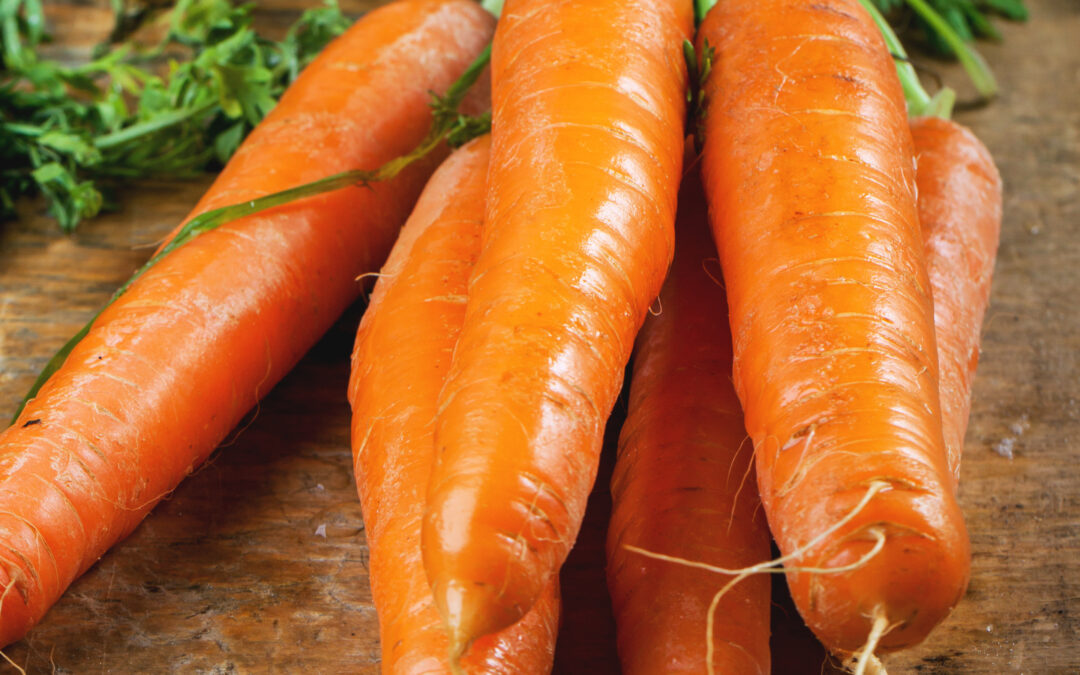Welcome to the world of organic gardening! Organic gardening is a method of growing plants and vegetables without using synthetic fertilizers or pesticides. It’s an eco-friendly way of producing food that has numerous benefits for both your health and the environment. In this blog post, we will explore the advantages of organic gardening, including its impact on soil quality, climate change, and your overall wellbeing.

Introduction to Organic Gardening
Organic gardening involves using natural methods to grow crops, such as composting, crop rotation, and companion planting. Instead of relying on chemicals to control pests and diseases, organic gardeners use natural predators, beneficial insects, and other sustainable practices. By choosing organic gardening, you are making a conscious decision to reduce your carbon footprint and protect the planet.
The Health Benefits of Eating Organically Grown Food
One of the primary benefits of organic gardening is the production of nutritious and safe food. When you eat organically grown fruits and vegetables, you can be sure that they are free from harmful pesticide residues and genetically modified organisms (GMOs). Studies have shown that organic produce contains higher levels of vitamins, minerals, and antioxidants than conventionally grown crops. Additionally, organic meat and dairy products come from animals raised in humane conditions and fed a natural diet, which results in better taste and improved animal welfare.
How Organic Gardening Can Improve Soil Quality and Combat Climate Change
Another advantage of organic gardening is its positive impact on soil quality. Synthetic fertilizers and pesticides can damage the delicate balance of microorganisms in the soil, leading to poor soil health over time. On the other hand, organic gardening promotes healthy soil by adding organic matter like compost and mulch, which helps retain moisture and improve nutrient availability. This leads to increased yields and reduced water usage.
Moreover, organic gardening can help combat climate change by reducing greenhouse gas emissions. The use of synthetic fertilizers and pesticides contributes significantly to global warming due to their high energy consumption during manufacturing and transportation. Organic farming reduces these emissions while also sequestering carbon in the soil, thus mitigating the effects of climate change.
Tips for Starting Your Own Organic Garden
If you’re ready to start your own organic garden, there are several things you need to consider. First, choose the right location with plenty of sunlight and good drainage. Next, prepare the soil by removing any debris and adding organic matter like compost or manure. You can then select the appropriate seeds or seedlings based on your region and growing season. Remember to keep your plants well-watered but not overwatered, and avoid using synthetic pest controls whenever possible.
Conclusion: Why Choose Organic Gardening?
In conclusion, organic gardening offers many benefits for both your personal health and the environment. By choosing organic gardening, you are supporting sustainable agriculture practices that promote soil health, reduce greenhouse gas emissions, and provide fresh, nutritious food for you and your family. Whether you’re starting small or going all-in, we encourage you to give organic gardening a try and experience the joy of growing your own food naturally.



